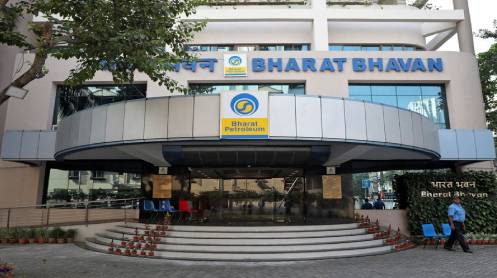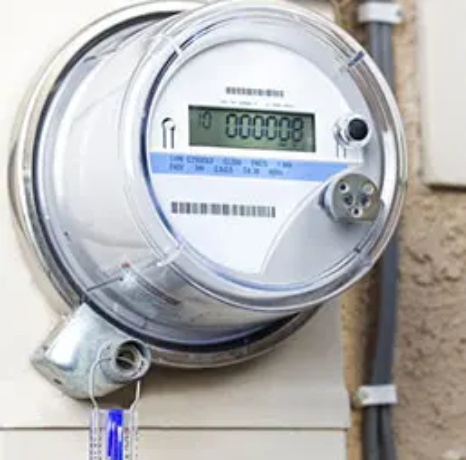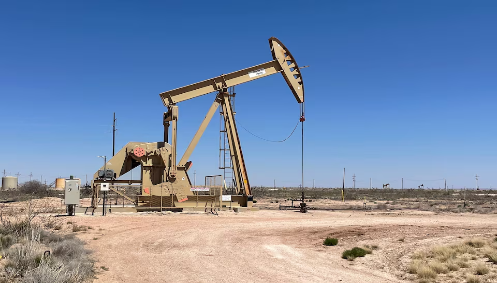Hedge funds and algorithmic trading have significantly amplified market instability, capitalizing on fear to drive speculative trades. It resulted in artificial price spikes, disconnecting it from fundamental supply and demand dynamics. Physical buyers have faced liquidity crises.
Unregulated trading platforms exacerbated market instability by facilitating unchecked speculation. Speculative trading volumes far exceed actual consumption, artificially inflating TTF prices, decoupling from fundamentals, and disrupting global pricing benchmarks including Asian LNG Market.
The LNG industry’s “use it or lose it” model is driven by need for continuous operations to justify its high CAPEX infrastructure. Unlike the Oil production, which has luxury of spare capacity, LNG liquefaction facilities requires high utilization to maintain financial efficiency.
2024 was a dismal year for the Global LNG Industry, characterized by unmet demand and stalled project developments. Geopolitical tensions and speculative trading, rather than supply-demand fundamentals, propelled TTF prices to unsustainable heights, stifling long-term LNG growth.
Geopolitics significantly impacted the market. Middle East conflicts and EU-Russia tensions sparked supply disruption fears, prompting speculative hedging on worst-case scenarios and inflating TTF prices.
The future of LNG hinges on pricing reform. Current structures favor speculative profits over market stability. To prevent overcapacity and ensure sustainability, it is essential to align LNG pricing with true market fundamentals.
Asim Riaz
January 1, 2025





